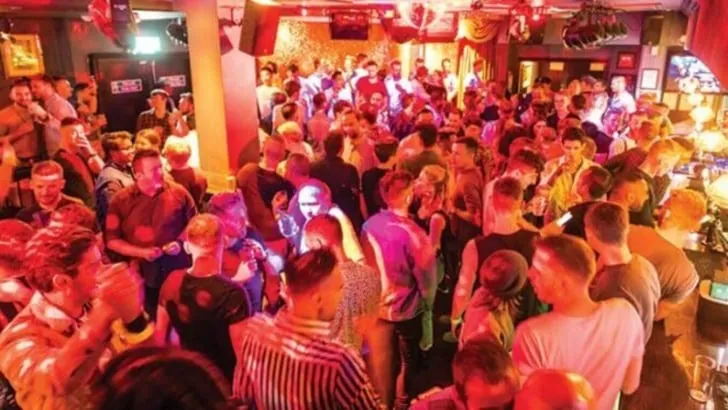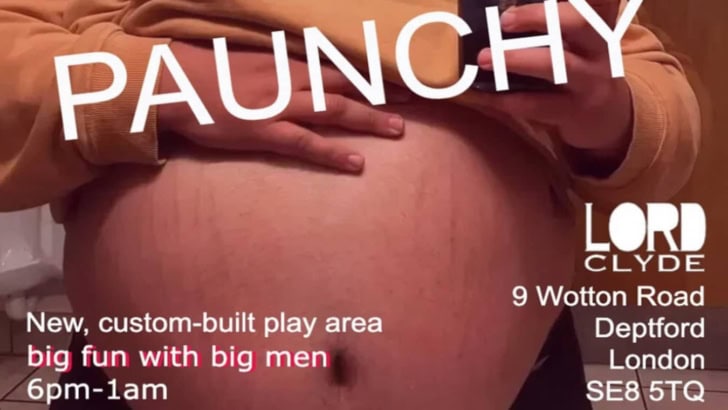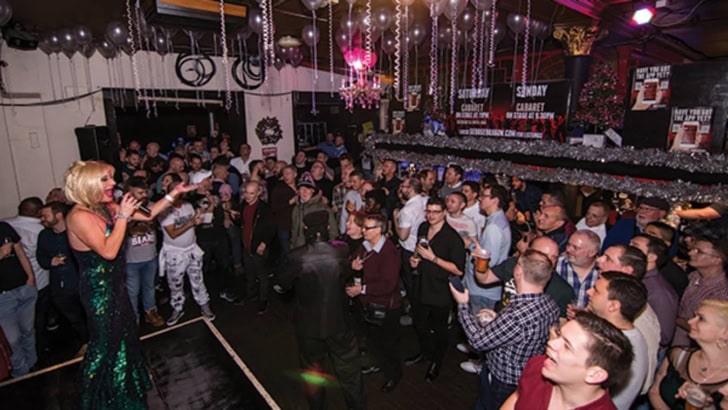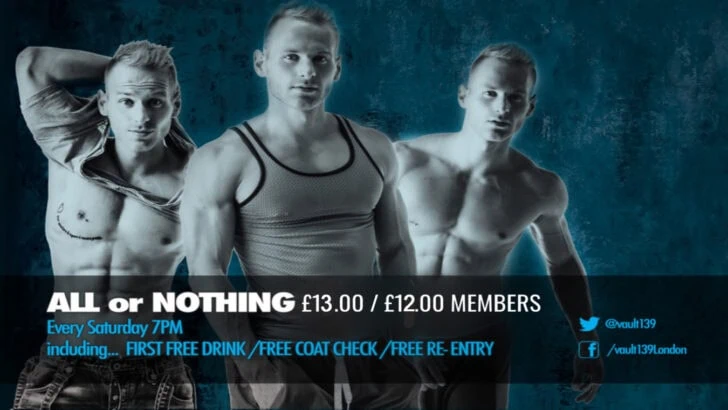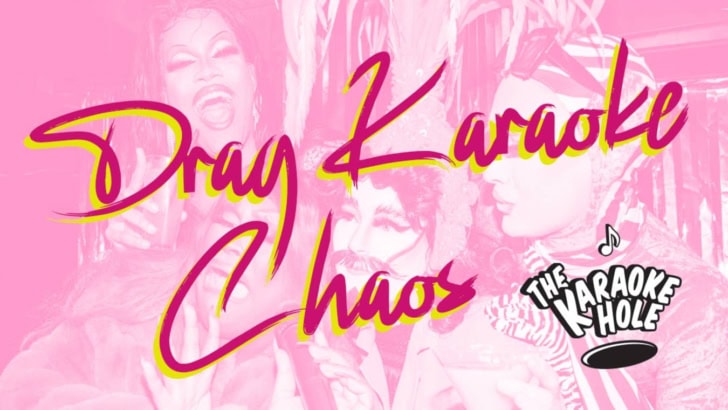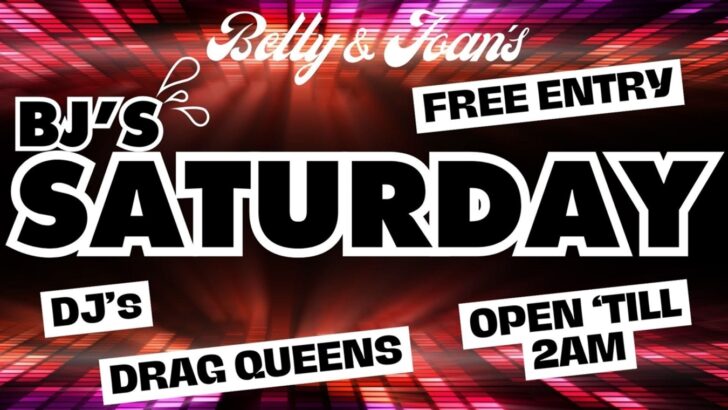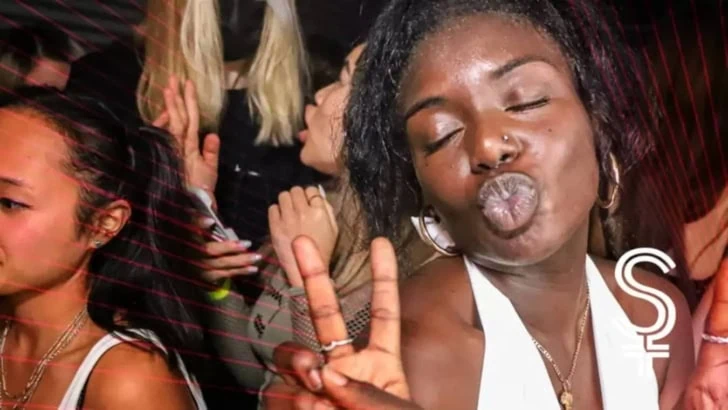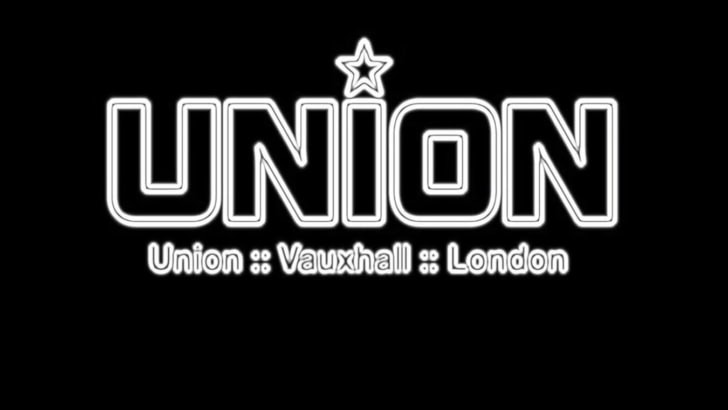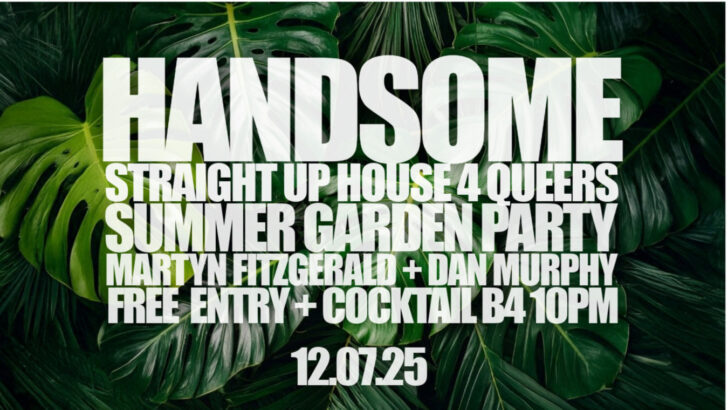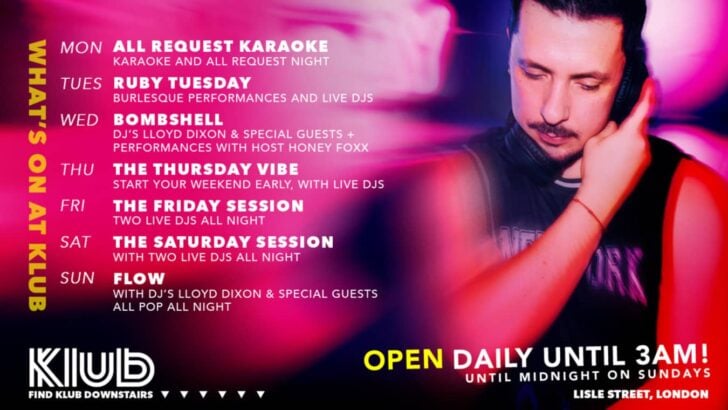Tareq de Montfort is an artist and scholar practising an avant-garde form of Islam that emphasises acceptance, tolerance and modesty.
By Patrick Cash

What was it like growing up gay and part of a Muslim family? When did you realise it or admit it to yourself?
Really it was never something that I realised. It was also something that I knew from an early age – before I knew what gay was I was attracted to men. I didn’t have a conventional family, it was quite a modern, cosmopolitan family, so even though it wasn’t said out loud, as long as one was modest and discreet about things, it was alright, but that’s kind of a pattern in a lot of Muslim and Arab communities. Things are okay as long as one goes about them in a discreet way.
Was your religion part of your identity when growing up?
Yes, it was. But my form of Islamic identity is very different from the conventional one, I don’t view the conservative forms of Islam as a pure form of Islam. I had a very specific upbringing in regards to Islam, and it was one that was open-minded and tolerant.
So you didn’t have to struggle to reconcile your sexuality with Islam?
I did for a little bit, when someone told me it was a sin. But that was from some boy at school who was in the closet himself and was dealing with his sexuality in a very, very negative way.
How old were you at this point?
I was thirteen or fourteen, but I quickly overcame that, thinking that if God is ever compassionate and ever merciful, why would one have to be scared of something? And also in terms of regard to the Prophet, if it’s said that all Muslims are supposed to copy everything that the Prophet did in his way and no gay men were ever harmed in his lifetime, he even let gay men be in the presence of his wives unveiled and if he tolerated it then no Muslim has the right to cause violence as a result of it.
Tell us a little bit of your background, just to give some context – you grew up in Kuwait?
I grew up in Kuwait. I went to an international school, it wasn’t a boarding school, it was a school established by my family in 1969 – the first British school teaching kindergarten to A-level. I stayed there until I was seventeen.
And why did you come over to the UK?
Because Kuwait was suffocating. I was looking for love as well and I was never going to find that in Kuwait, and the gay scene there was very harsh and unforgiving, as it is here.
In what way was it harsh? Homosexuality is illegal there, yes?
It is illegal, but that doesn’t stop people going about it, it’s a very commonly practiced thing, even for ‘straight men’ to have sex with other men, because the gay identity isn’t exactly the same as this here in the West – having sex with a man doesn’t instantly make you gay. At one point where I was almost arrested by the police they were asking ‘so which one fucks and which one is getting fucked?’ because we’re only going to arrest the one that’s getting fucked.
Really? Because that’s subverting the masculine ideal?
Because you’re born a man, so how dare you want to be something similar to a woman.
And how does the gay scene meet, is it underground?
It’s all underground. There are no gay bars: number one, alcohol’s illegal anyway, there are no bars. There are certain café areas where gay men meet and that changes every so often, but mostly it happens in people’s homes. There are many people who have very large parties that can make Hard-On seem like Disneyland.
How did you get involved, through online forums?
That’s going back quite a few years… I think I found out from meeting someone through Facebook. But I was living a very isolated life anyway, and most gay men have the community around them very early on. They are initiated by other gay men quite early on.
Where you out at school?
I was never out and I was never in. Coming out was never an issue for me, I never hid from anything but I never outrightly showed anything either. I never denied anything, but I never hid it at the same time.
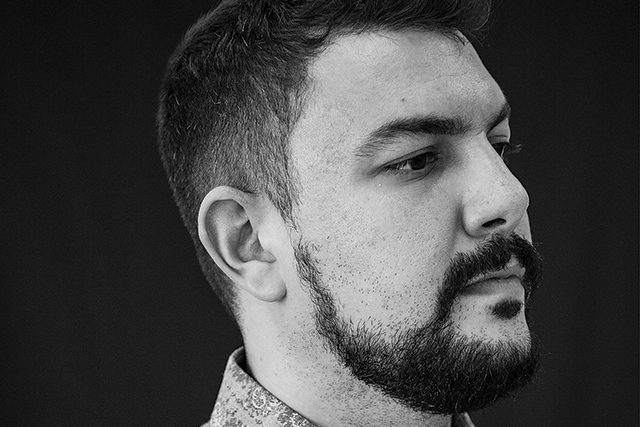
So from the other side of the coin coming over here at seventeen, and you said you found the gay scene harsh here as well, did you find any inverted racism and Islamophobia from the gay scene here?
No, I didn’t. But my identity, my Muslim Islamic identity isn’t a conservative conventional one, so I think that enabled me for it not to be an issue.
Can I just ask about your tattoos, when did you get them done?
I’ve been having the tattoos done since I was eighteen and the most recent one was the one on my face which was done a couple of months ago.
What was the inspiration for it?
Well all my tattoos are meant to be a map to divinity and understanding of divinity so they’re holy sayings, they’re Koranic sayings and when I’m completed there’ll be ninety-nine names of god from Islam as well as the seventy-two names of god from Judaism, from Kabbalah, in Hebrew.
And how much of your body will be covered when you’re completed?
Everything apart from my face and cock.
Okay, cool. I love the idea of an organic evolution of your art…
Absolutely. Well, I consider every element of being, every element of existence a part of art. It’s somewhat in parallel to an Islamic doctrine because in Islam you have three types of identities: at first you have the Muslim, which is the identity of being a Muslim, and then on top of that you have the Mu’minin which are the faithful or believers, those who actually practise, but on top of that, the higher pursuit, is the one who’s actually in pursuit of El-Isma, Al-Husna, the most beautiful names, which is epitomised in the ninety-nine names of god, literally a Muslim is one who’s in constant pursuit of god and perfection and beauty and for me that’s where the perfection of art and life come from. I don’t make a separation between life and art or life and divinity, but my understanding of divinity is it has to be made a point, I am not a conservative or conventional Muslim. I call my art an Islamic avante-garde, it is even further than progressive thinking and because my ideas have no boundaries, there is complete tolerance because my view of Islam goes back to some very early forms of it. One of the founding elements of Islam was ‘al-hilm’ which was an ancient pre-Islamic Arab tradition and it was meant to epitomise what it was to be an Arab and that was complete serenity, tolerance, controlling one’s anger, never judging another, never acting upon one’s anger, never acting upon what you hate or dislike, always having an agile and serene decorum. It was adopted by Mohammed and it was exulted into a name of god, ‘Al-Haleem’, a divine state, one of the most beautiful names, and that for me is the epitome of an Islamic Arab identity, complete tolerance, calm, serenity, acceptance, honourable.
That sounds fantastic, did you have to study the Koran very in depth to come up with these ideas as opposed to traditional, conservative Islam?
No, because Islam was introduced as an ideology of modesty. Conservative, extremist fundamentalists are not modest, therefore they are not Islamic.
It’s not just fundamentalists though, most traditional Islam seems not very welcoming of homosexuality?
It is not, no. Islamic law at the end of the day is complete bullshit and Sharia law is not connected to the Koran. Sharia law was invented after the death of the prophet by the Fiqh Committee. The prophet died and people didn’t know what to do and so some leaders came together and decided on these rules, and a lot of these rules come from the Hadith which are not divine law, the Koran itself does not outrightly condemn homosexuality. It shows a dislike for it, maybe, but it doesn’t say a thing against it apart from giving the story of Lot, and there’s one verse where it says a man should not do something similar to a woman or along those lines, but that can be interpreted in any way. But nowhere is there any punishment or any outrightly spoken anger against homosexuality, and the prophet himself never did anything against gay men in his lifetime, so no Muslim should today either.
How did your family react?
They didn’t react. They don’t react.
So they don’t know?
They do know.
But it’s an unspoken subject?
My aunts and uncles are quite open-minded towards it. I was estranged from my family for about four or five years and I broke away from them for something that happened here in the UK but it wasn’t to do with being gay, it was a completely different and separate issue. But the first time I went back after those four or five years I took my boyfriend with me and I said either you do or you don’t accept me. Towards the patriarch of my family, my grandfather, it’s not spoken about because he’s… Not conservative, but closer towards a more conventional Muslim. He would never outrightly say anything against it because he does have that calm decorum which I spoke about in terms of him, but I’m very lucky in that I have a family which is quite cosmopolitan and open-minded.
What about your Mum and Dad?
My Dad – I don’t speak to my father so that doesn’t really matter, and my mother is completely accepting of it. I was worried for a while that she wouldn’t be, but at the end of the day she’s completely accepting of it.
Is the reason you don’t speak to your Dad because of it?
My father believes that I’ve got a girlfriend and I’m engaged. He comes from an Iraqi family that is very, very traditional and there’d just be no point in trying to bring up the subject with him, let sleeping dogs lie.
And he doesn’t live with your Mum?
No, they’re divorced.
You couldn’t imagine ever telling him?
No, there’d be no point. A lot of gay men who go through this need to tell and come out, I don’t necessarily believe in that with everyone. For some sorts of families there’s just no point in doing it.
He doesn’t hear about your art at all?
No.
Okay, and how do these two strands of your sexuality and your religion intertwine into your art and influence the exhibition you have here?
Well, like I mentioned earlier, for me every element in my life is one thing. I don’t see a separation between worship, between making art, between living, for me it is all the same – when I fuck I worship, when I make love I worship, when I’m making art it is making love and it is worship, it is all one thing, so my art will always be about the highest elements of life, and that is sexuality which goes under love and emotions. Worship, which goes under love and emotions and love and emotions goes under worship. It’s all singular, it’s all one and the same thing, so whatever work I do will always be about those elements, my work is an adoration which refers to an Islamic devotional act called ‘Zikr’, which is a mystic act done by ‘Sufis’ and it is the remembrance of divinity. For me, I translate it in my contemporary sense into an art of adoration. I am adorning and in adoration, seeking to embody adoration itself through my artwork of those elements that make up my identity and for me the height of those is sex. Sexuality, worship, divinity, because for me sex and sexuality is the fastest path to divinity itself.
So that’s what you’d say makes up your own identity?
Absolutely.
Have you had any reaction from conservative Muslims that you know against your thinking?
I don’t know any conservative Muslims personally but I have had quite negative reactions from them.
What about the gay community, did you find immediate identification from it?
Absolutely not. Here in London, absolutely not. A lot of my life was surrounded by books growing up and I read about some of the most fascinating characters in history who were part of the gay identity and I was waiting to discover those characters, and coming to Soho that was not what I found.
What did you find?
I found that I was instantly labelled and pigeon-holed, as I had been in Kuwait, on account of being thin and slightly effeminate – even though I don’t think I’m that feminine –, on account of having long hair and wearing certain clothes I was labelled as a certain kind of gay man and that was what I found quite appalling. Gay men who have been through repression for centuries now repress themselves, and I found that revolting.
It’s an obsession with the superficial? With external aesthetics?
I mean it’s psychologically understandable, because going towards that superficiality is an act of wanting to make oneself feel important or exult oneself and a lot of gay men grow up being ostracised or suppressed or bullied, so this is their chance in the big, bright city to be gorgeous and wonderful and, god forbid, never being bullied again so what does one do? Make oneself gorgeous, make oneself muscular, but then one forgets that some people are not muscular and that people look different and like different things. The very things that they try to fight against in order to make this community. They have adopted their rules in their own kind of way.
Do you think that obsession with the external is in part perhaps because gay men aren’t completely happy with the inside still?
It will have something to do with that, I don’t think one should say that is the only because you can’t say all gay men are like that. I think it’s very healthy to be aware of the outside, physical beauty is a very important thing and can be a very lovely thing but when it’s taken into a realm or a way where it hurts other people that’s where I take issue.
And are you happy now as a gay man?
I’ve always been happy as a gay man.
You’ve never struggled with your sexuality?
With my sexuality, never. That’s been a defining element which I try to define in my life and my work, because for me divinity is the absolute of everything, what everyone eats, what everyone sleeps, where everyone sleeps, who everyone sleeps with. I’ve never had to deal with them because I’ve had this innate sensibility where there is no issue. I don’t believe in god, I believe in divinity, and my belief in divinity is the all-encompassing, all-embracing mother.
A kind of gaia?
A gaia, somewhat. I even think there’s elements of that in Islam because one of the most important of the ninety-nine names, called the most beautiful name of god, is ‘Al-Rahman’, the compassionate, which is related to the word for womb in Arabic, which is also similar to the word in Hebrew. The compassionate is related to the word womb and for me that is the extent, that is the definition of divinity, the womb, the mother, caring, so if god did exist in a conventional sense as in a literal being, he would not be angry. Those elements of religion, those elements that have been placed on god, have been put there by human beings who are sick in their minds and poisoned. That is not divinity, organised religion is not divinity. It is human organisation. Divinity does not have any problems with toleration or acceptance, divinity is all accepting. The Koran itself says, and I would quote this to every single fundamentalist and extremist, ‘God will not be merciful to those who are not merciful to others’ and the Koran constantly repeats ‘do not aggress, god does not like aggression’, and in terms of putting gay men to death I would quote the Koran and the prophet himself, the Koran which said itself ‘if you take a life, you take a life of all humanity, if you give a life, you give a life to all humanity’ and the Prophet itself once said that ‘the perfect Muslim is one from whose hand and tongue humanity is safe.’
That’s brilliant. Thank you. Coming towards the end, and it’s great to have this positive facet, sorry if I keep asking ‘did you struggle?’
Well I did struggle, but everyone struggles no matter whether you’re gay or straight, everyone struggles because in terms of Islam, women struggle more than gay men, I think. Because gay men are men, they get away with that at least. It is women who are the real strugglers in this.
And do you think it’s getting easier to be a young gay Muslim?
Oh god, yes. Thanks to the internet, thanks to various forms of modern communication it is getting easier and modern communication makes the underground scenes a lot easier to access. If I’d had better internet access when I was younger, it would have been a lot easier and a lot quicker. It’s definitely getting easier, it’s getting harder in some of the more severe states such as Iran or Saudia Arabia, but in the modern, cosmopolitan states such as Kuwait or the UAE it is getting easier. That does not mean it’s been made legal yet, but it is getting easier as long as one is modest and discreet, as long as that is followed, those are the only constraints really. And don’t get caught in public.
And finally, we’ve kind of touched on this already, but what is your opinion of Islam now?
My opinion of Islam is an identity, a religion, a philosophy, a wisdom which has been bastardised by Western ignorance but a lot more so by Islamic ignorance itself. I believe a complete renaissance is needed, a complete revival of ideas relating to a purer form. One needs to be initiated, and also a form that is more in keeping with contemporary developments, such as human rights, and homosexuality not being bad anymore and not being wrong. I do believe that the religions in their origins had reason to make it a sin, perhaps it was to do with health. I mean people didn’t clean much then and it’s known that shit is something that’s quite dirty and can cause diseases and one of the only ways for gay men to have sex is through anal intercourse and so perhaps it was dirty to the point of literally being dirty and people were in danger. I do believe there are reasons, but we’re not in medieval Arabia anymore. We clean, we wash, and in terms of development I believe the religion needs to develop itself. Especially if it doesn’t want to have this identity of violence and Osama Bin Laden and all that rubbish and go back to our golden age where Islam defined the pursuit of intellect and creativity. It was Islamic scholars that rediscovered classical wisdom, it was Islamic scholars that rediscovered Plato and Aristotle and eventually gave birth to the Western renaissance in some terms. One may say that it was Islamic scholars that gave the West modernity, and now we’re the ones who have gone backwards due to some misogynistic, homophobic bigots. And it’s us, the all too silent majority, who are the open-minded ones, who are the cosmopolitan, modern thinkers who have allowed this to happen. It’s not their fault for being misogynistic bigots, it’s our fault for allowing our identity to be taken over by them. In the words of an amazing woman called Lesley Hazleton, who’s an agnostic Jew, she’s a writer who lives in Seattle and she says: ‘It is us as the all-too-silent majority that have allowed Christianity to be taken over by misogynistic, homophobic bigots, Judaism to be taken over by violently messianic West Bank occupiers, and Islam to be taken over by suicide bombers. Jews, Christians and Muslims, militant extremists are anything but the above. They are a cult of their own. Blood brothers steeped in other people’s blood.’ That identity of Islam, that is not Islam. The Islam I know is one that is, in accordance to Al-Haleem, peaceful, serene decorum. Non-violent and peaceful. That is the element of Islam that I believe in.
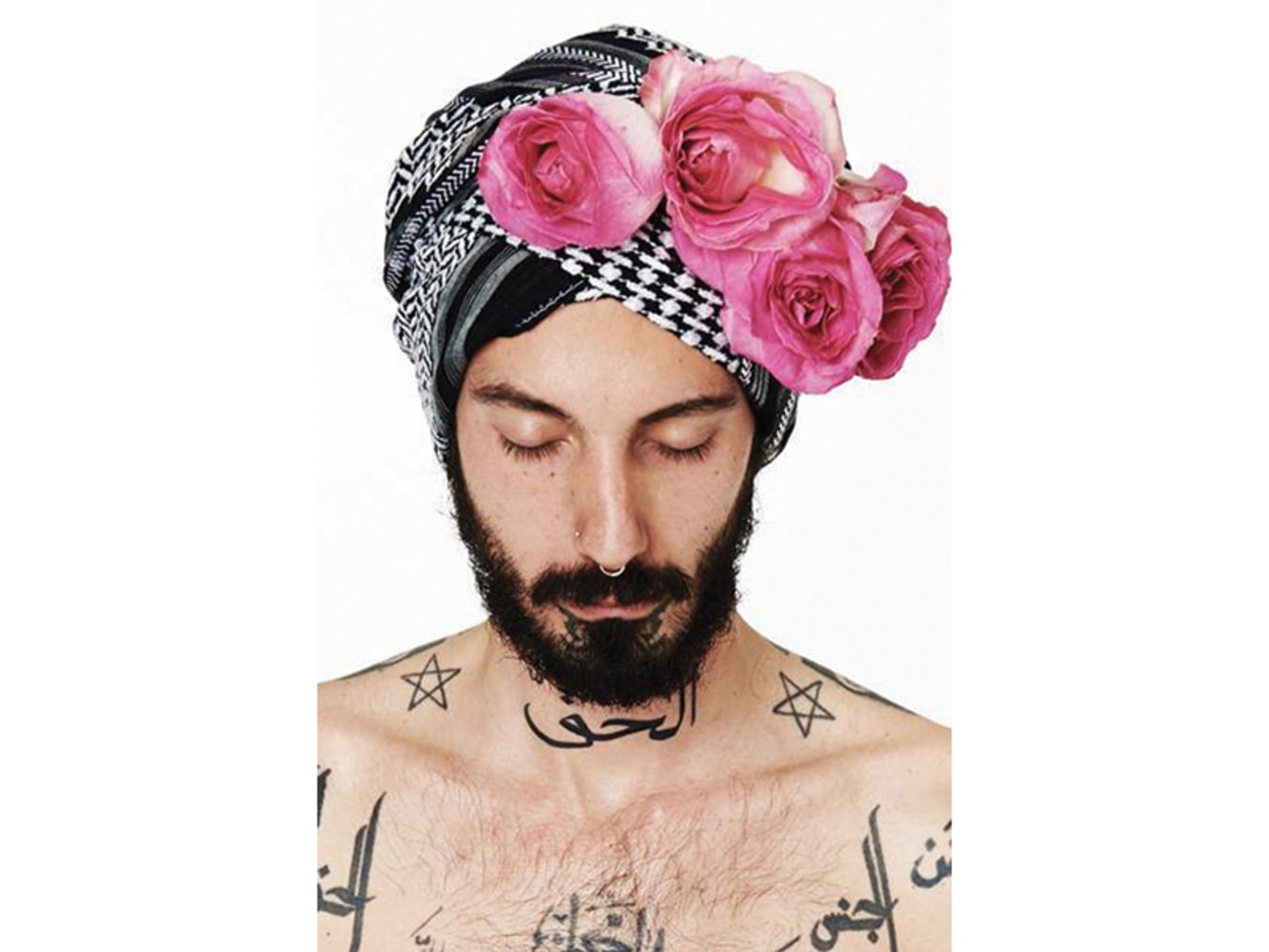
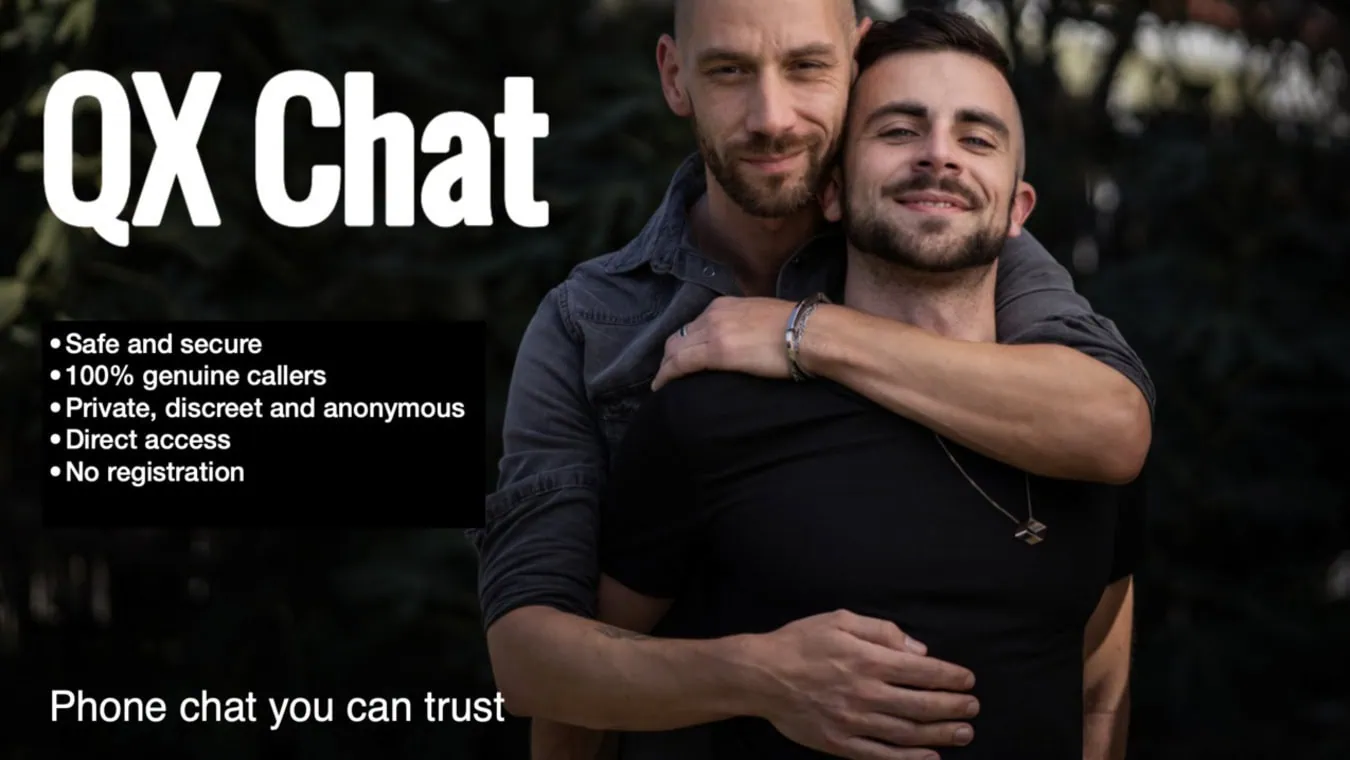



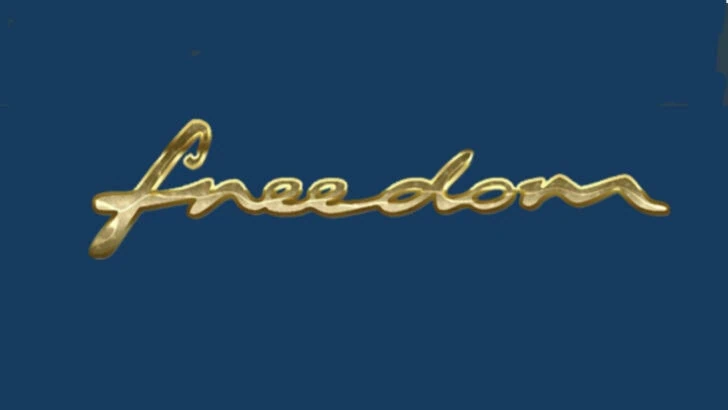


![All Day Cabaret at Halfway To Heaven LGBTQ] Bar in Central London.](https://www.qxmagazine.com/wp-content/uploads/2025/02/imageedit_2_7533265827-728x410.jpg)
